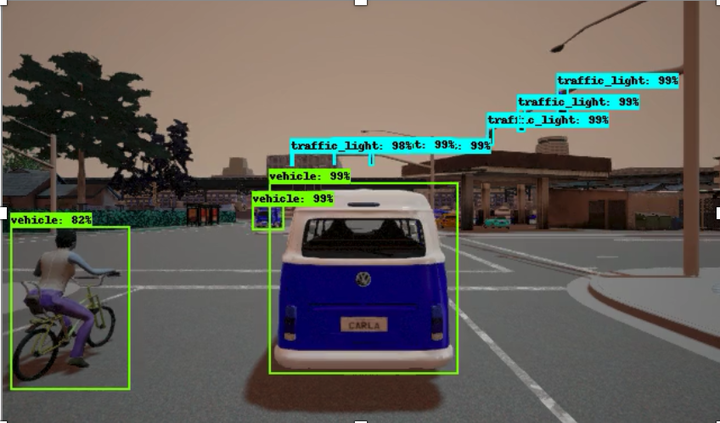 DARPA Assured Autonomy
DARPA Assured Autonomy
Abstract: The goal of the Assured Autonomy program is to create technology for continual assurance of Learning-Enabled, Cyber Physical Systems (LE-CPSs). Continual assurance is defined as an assurance of the safety and functional correctness of the system provided provisionally at design time, and continually monitored, updated, and evaluated at operation-time as the system and its environment evolves. An LE-CPS is defined as a system composed of one or more Learning-enabled Components (LECs). A LEC is a component whose behavior is driven by “background knowledge” acquired and updated through a “learning process,” while operating in a dynamic and unstructured environment. This definition generalizes and admits a variety of popular machine learning approaches and algorithms (e.g., supervisory learning for training classifiers, reinforcement learning for developing control policies, algorithms for learning system dynamics). The generalization is intentional to promote abstractions and tools that can be applied to different types and applications of data-driven machine learning algorithms in Cyber Physical Systems (CPSs) to enhance their autonomy. SRI developed TrinityAI - Trustworthy, Resilient, and Interpretable AI in this program to address the three correlated challenges of ensuring trustworthiness for human-AI teaming, resilience to adversarial attacks and interpretability of decisions made by the model to facilitate verification and auditing in high-assurance applications.
Susmit Jha
Technical Director, NuSCI
My research interests include artificial intelligence, formal methods, machine learning and dynamical systems.
Related
- Neuro-symbolic Co-designer for Symbiotic Design of Cyber Physical Systems (DARPA) : [SRI funding: 5.63M ]
- Data-efficient Learning of Robust Control Policies
- Self-Improving Cyber-Physical Systems (NSF CPS Small) [SRI funding: 500K]
- Assured Neuro Symbolic Learning and Reasoning (DARPA) [SRI funding: 5.4M]
- FLASH: Functionality-based Logic-driven Anchors with Semantic Hierarchy (DARPA) [SRI funding: 2.1M]